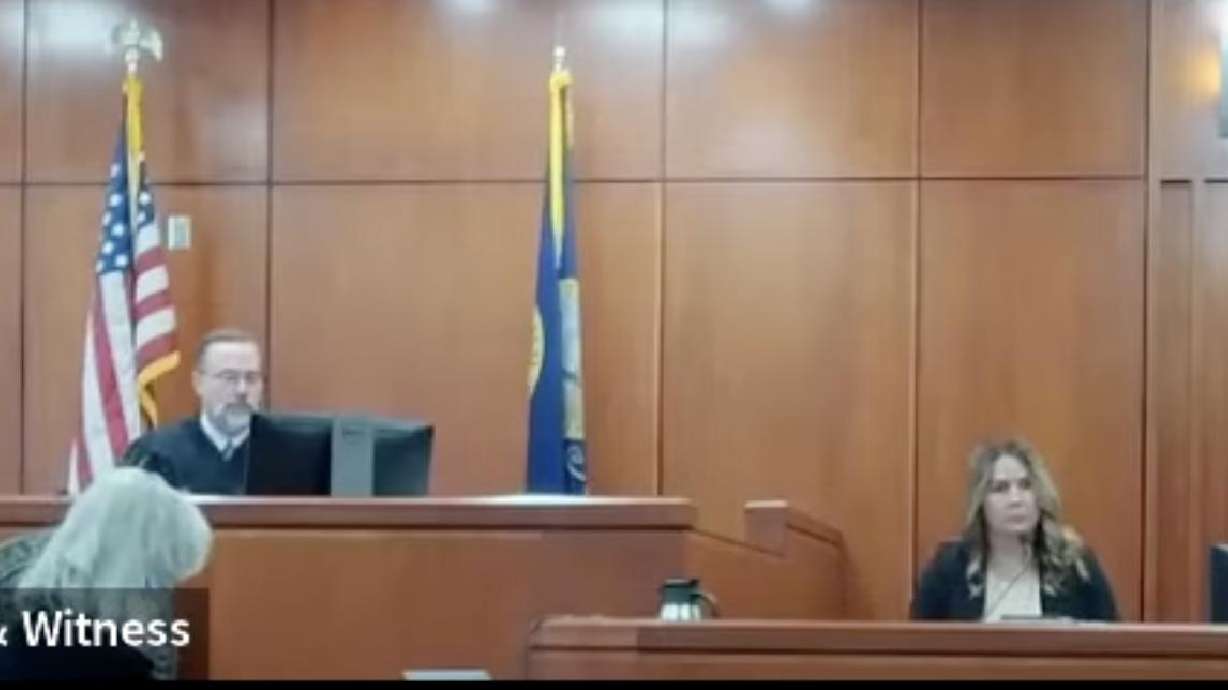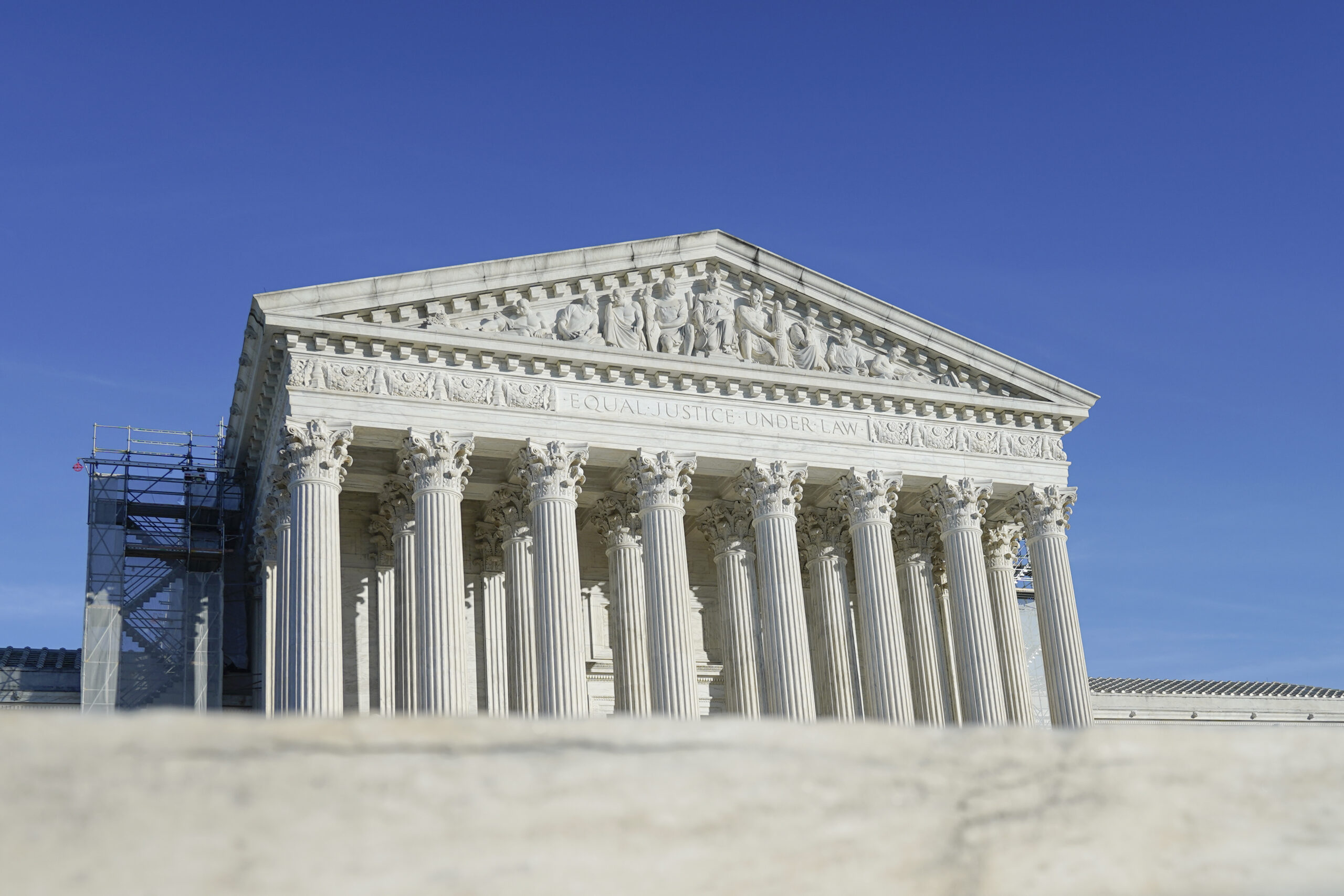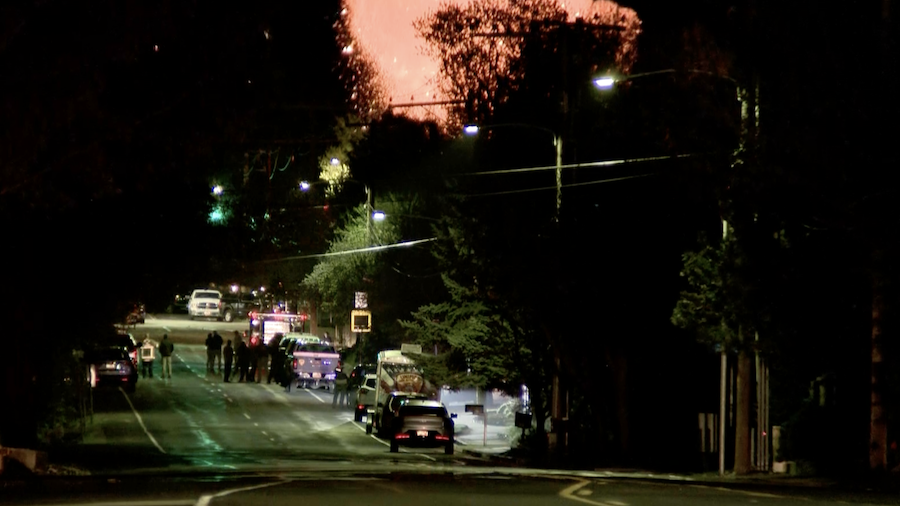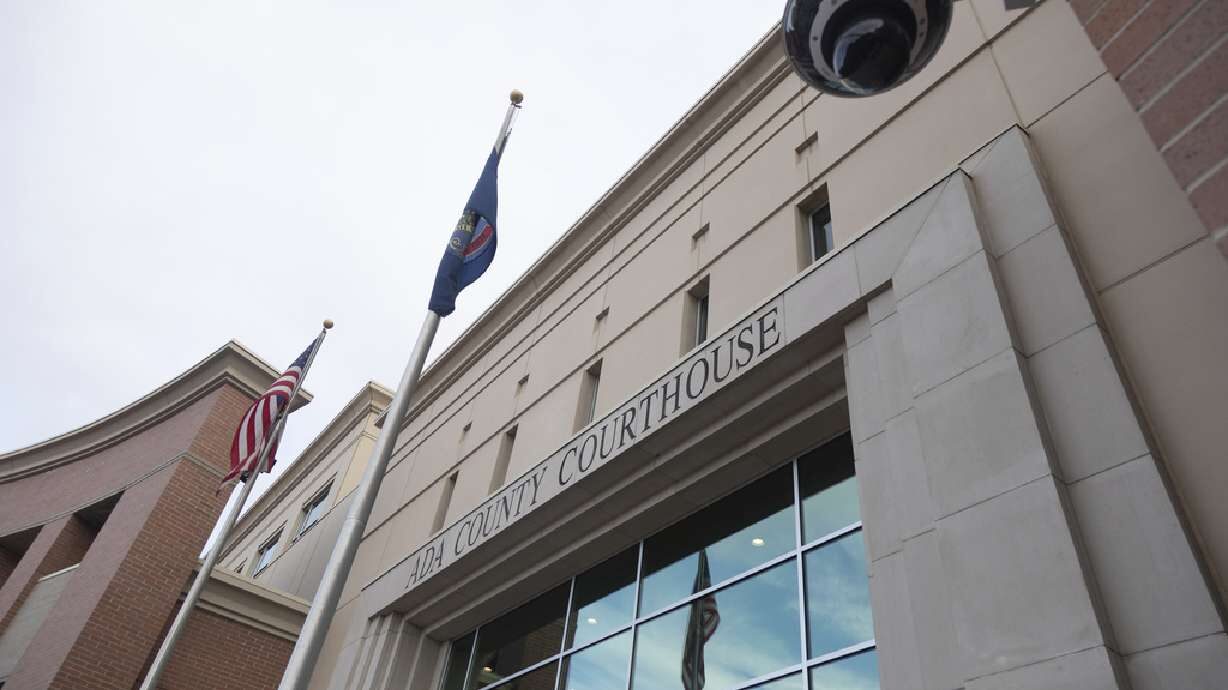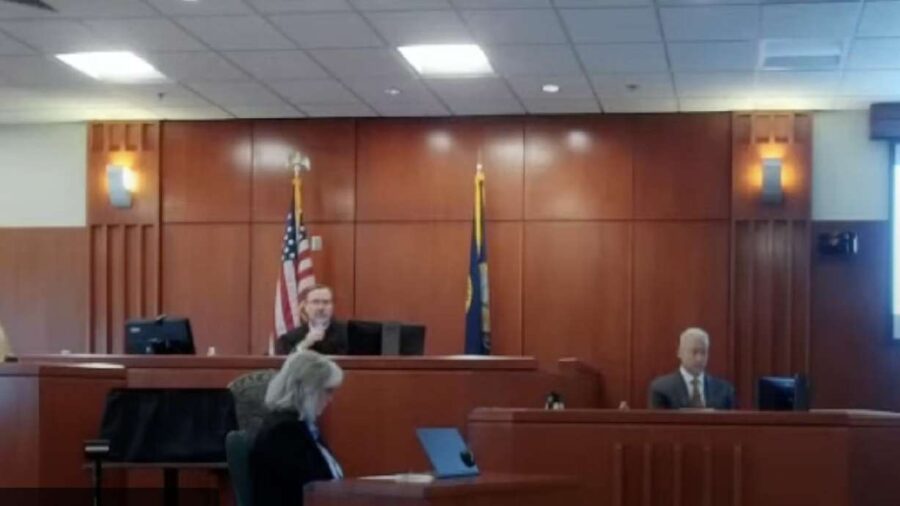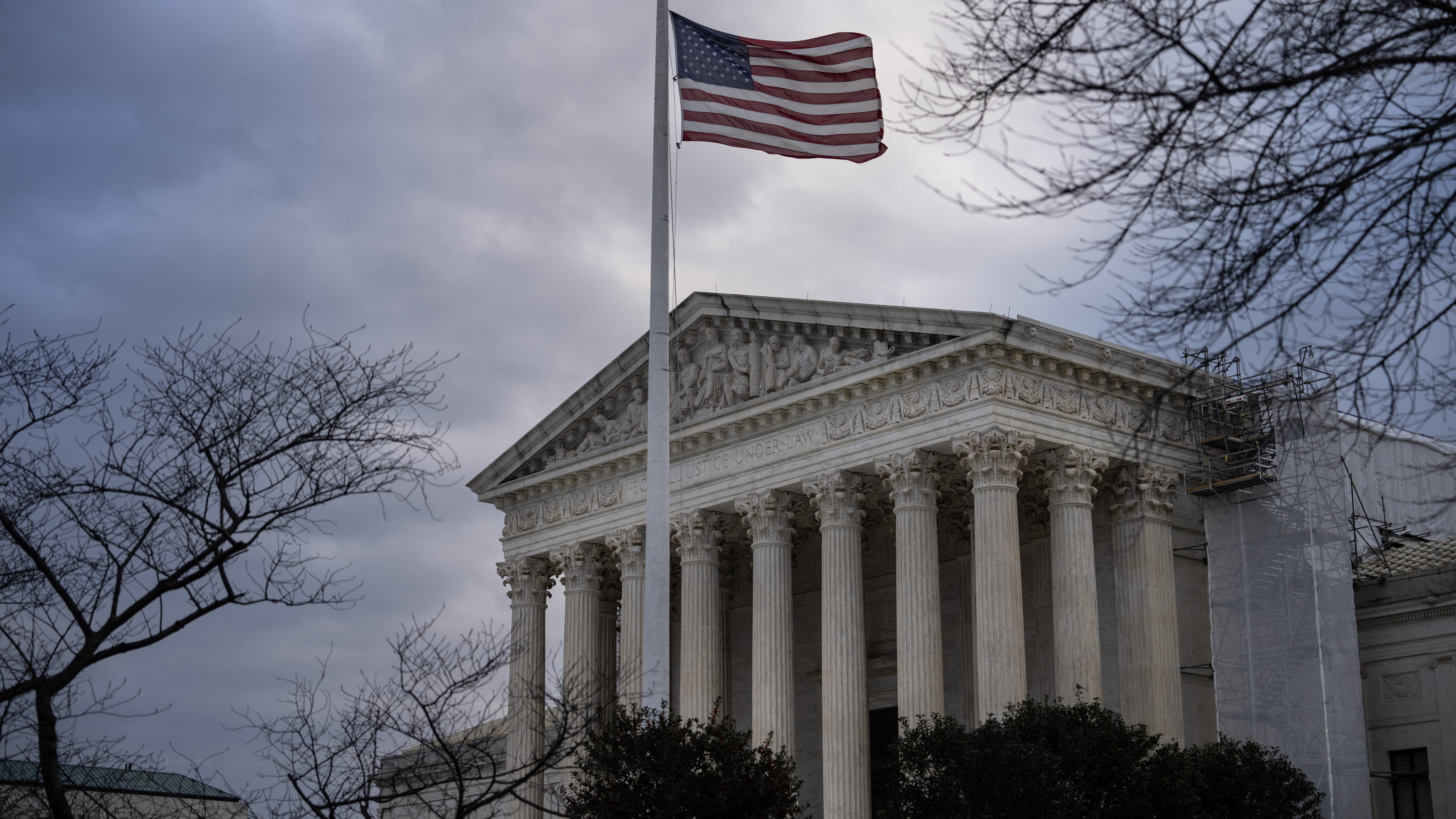Salt Lake City officials say improvements to North Temple homeless camps may be slow, but they are happening
May 11, 2021, 7:27 AM | Updated: Dec 29, 2022, 12:15 pm
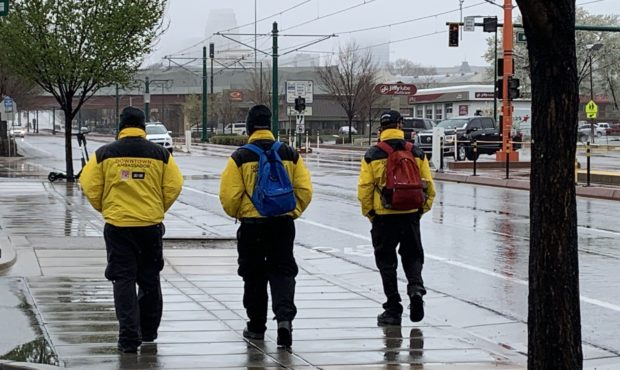
(Three members of the Downtown Ambassadors on patrol. Credit: Paul Nelson, file April 6, 2021)
(Three members of the Downtown Ambassadors on patrol. Credit: Paul Nelson, file April 6, 2021)
SALT LAKE CITY – Business owners say the crime, drugs and other issues connected to the homeless population are getting drastically worse along Salt Lake City’s North Temple street. However, city officials are trying to assure everyone they’re doing the best they can, and they’re seeing positive results other people might not see.
Officials with Salt Lake City understand business owners along North Temple are fed up, and they acknowledge why people feel the city’s efforts aren’t working. However, Michelle Hoon with the city’s Homeless Engagement and Response Team said change is coming.
She said, “I think that change is going to happen on North Temple. I definitely believe that it will, but it can take some time to get there.”
Utah has been going through a big increase in homelessness for a couple of years. The National Alliance to End Homelessness reports our state had almost a 12 percent increase from 2019 to 2020. Ending homelessness will take more than just clearing out encampments, Hoon said. She believes you have to give people in these camps advanced warnings, and a chance to reach out for resources like addiction counseling and job placement.
Business owners concerned about drug use, violence and homeless population around North Temple
Hoon said, “We’ve been trying to let people know, ‘OK, the Health Department is coming through and we’re going to make you leave this area.’ We’re trying to put services in front of them, first,” she said.
She said the city is taking a surgical approach to the issue, finding individuals who want to escape homelessness. They’ve sent more city ambassadors to that street to find those who are having mental health issues or drug addiction problems. However, those ambassadors have limited authority.
“Ambassadors are sort of a go-between. They’re somewhere between an outreach worker and a police officer,” Hoon said. “They don’t have the authority to make somebody move.”
According to the Pioneer Park Coalition, the city has a steep uphill battle ahead of it. Coalition Chair David Kelly said there are things making homelessness worse. One, the drug cartels are coming back, strong, and the encampments make it easier for drug dealers to find addicts.
Kelly said, “You’re letting the wolves prey on those that need the help.”
Two, Kelly said the homeless population is getting angrier. He said outside groups have berated city officials who are trying to clear the camps, and that anger is growing from people living there.
“You’re starting to see that [attitude] get more into the encampment population. It’s not outside groups coming in saying you can’t do that. It’s the individuals in the encampment that say, ‘You can’t make me move. You can’t do this.’”
Plus, Kelly said even good Samaritan groups are making the problem worse. Frequently, people with good intentions donate things like cash and tents to the homeless, not understanding those donations make it easier for people to avoid reaching out for other resources.
“Somebody can go in and just disappear. They can go off the radar, if you will,” he said.


